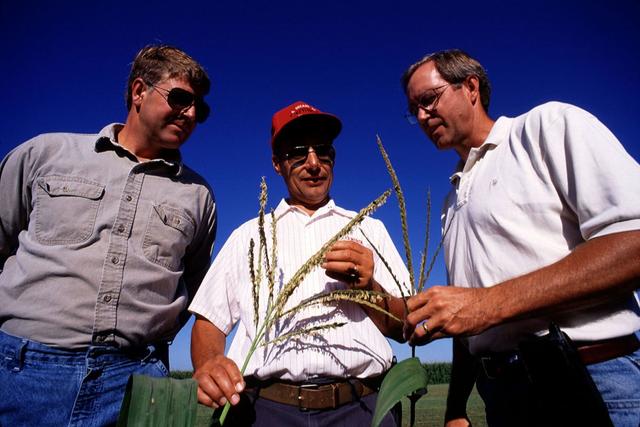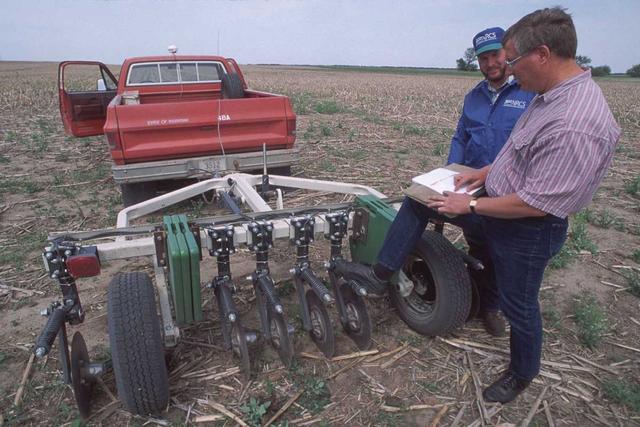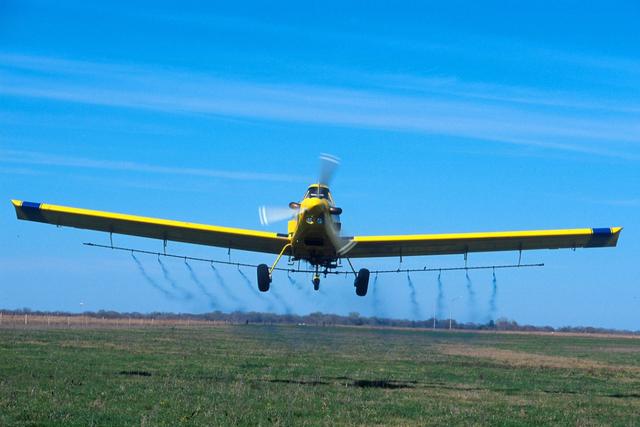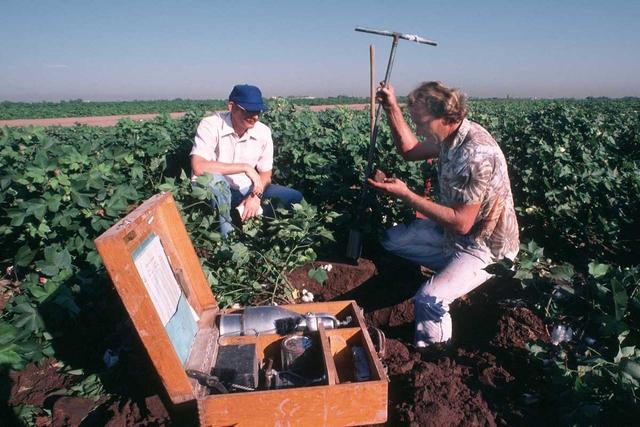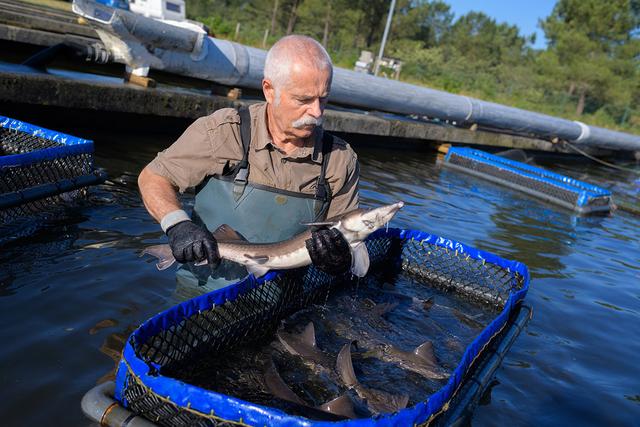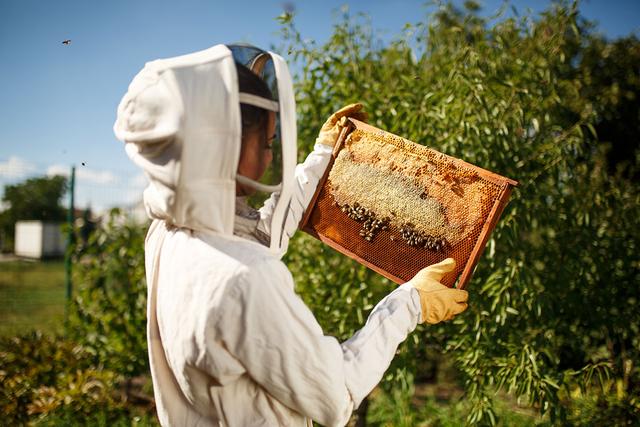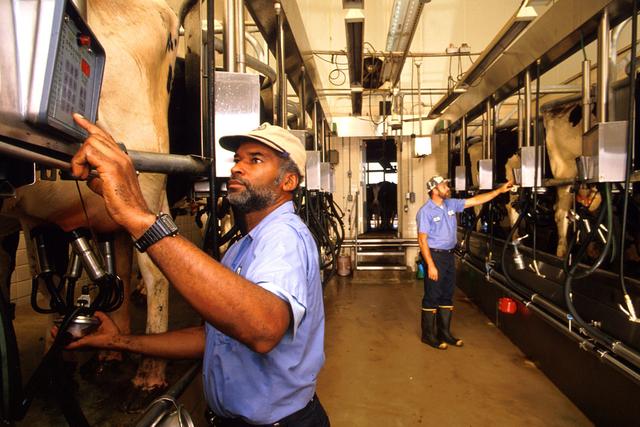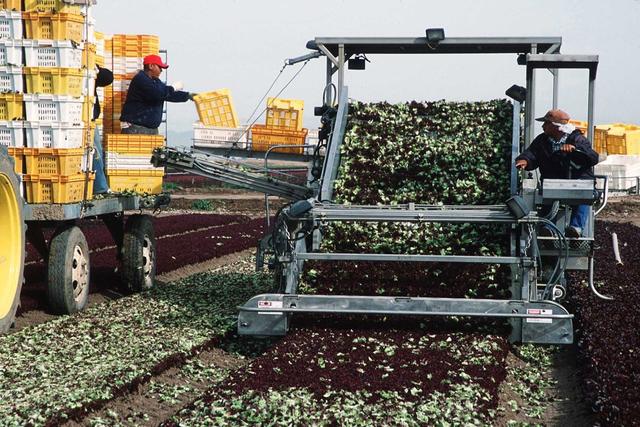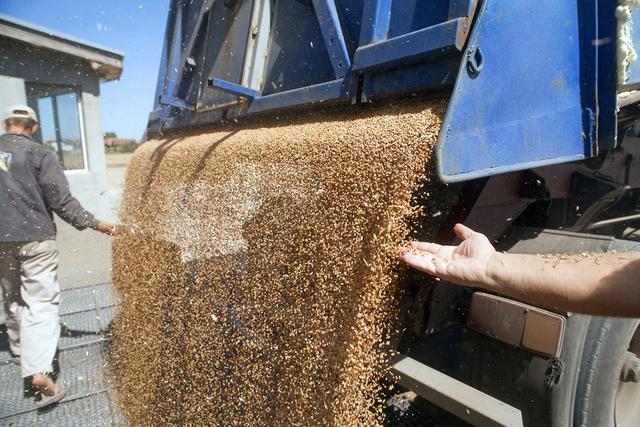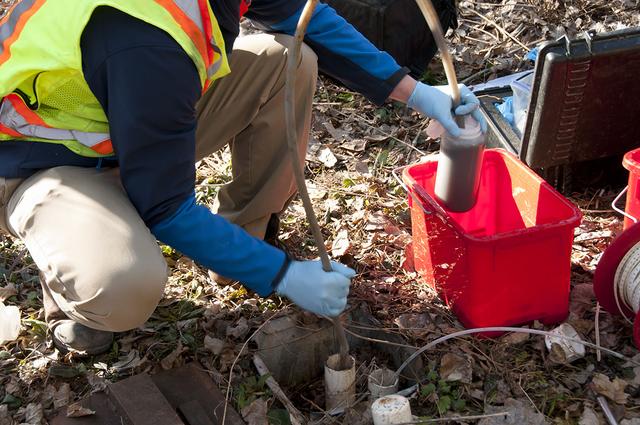Farm Crop Production Technicians
Overview

Introduction
Farm crop production technicians assist farmers and agricultural businesses in all aspects of planting, growing, and marketing crops. With backgrounds in agriculture and scientific research, they advise farmers on the best techniques to produce crops. They also work for companies that produce agricultural products such as fertilizer and equipment to make sure they are meeting the needs of farmers. There are approximately 19,600 agricultural technicians, including farm crop production technicians, employed in the United States.
Quick Facts
Median Salary
Employment Prospects
Minimum Education Level
Experience
Skills
Personality Traits
Earnings
Salaries of farm crop production technicians vary widely. Technicians employed in off-the-farm jobs often receive higher salaries than technicians working on farms. Salaries are influenced by such factors as the technicians educational background, the geographic area he or she is employed in, the technicians agricultural experience, and the type of crop involved.
The U.S. Department of L...
Work Environment
Certain technicians in this field work primarily outdoors and must be able to adapt to extreme weather conditions. There may be certain seasons of the year when they are required to work long hours under considerable pressure to get a crop harvested or processed at just the right time.
The work of laboratory technicians in this field involves exacting, systematic procedures in facilities...
Outlook
The employment outlook varies based on job title. For example, employment for agricultural technicians is expected to grow faster than the average for all careers through 2033, according to the U.S. Department of Labor (DOL). The DOL says that "technicians also will continue to be needed to help analyze soil composition and soil improvement techniques, find uses for agricultural byproducts, and...

